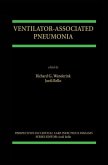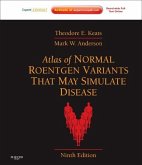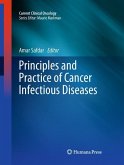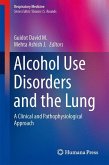Dysphagia is common in acute stroke, affecting more than half of patients in the early stages of their recovery. Complications associated with dysphagia include dehydration, malnutrition and respiratory infections, including aspiration pneumonia. However, dysphagia alone is not enough to predict which patients will develop respiratory infections. This publication examines the factors that predict patients who are at greatest risk of developing respiratory infections in the acute phase of their stroke. Patients who were admitted to hospitals in Western Australia with stroke were followed up for one month. Factors that were associated with respiratory infections were examined to determine the most significant predictors of patients being diagnosed with infection. The data indicated a period of heightened susceptibility to infection in acute stroke. Other risk factors included poor mobility, poor oral hygiene, multiple medications and stroke severity and also dysphagia.This publication discusses the implications of aspiration of colonised oropharyngeal secretions on development of respiratory infection in stroke.
Bitte wählen Sie Ihr Anliegen aus.
Rechnungen
Retourenschein anfordern
Bestellstatus
Storno








